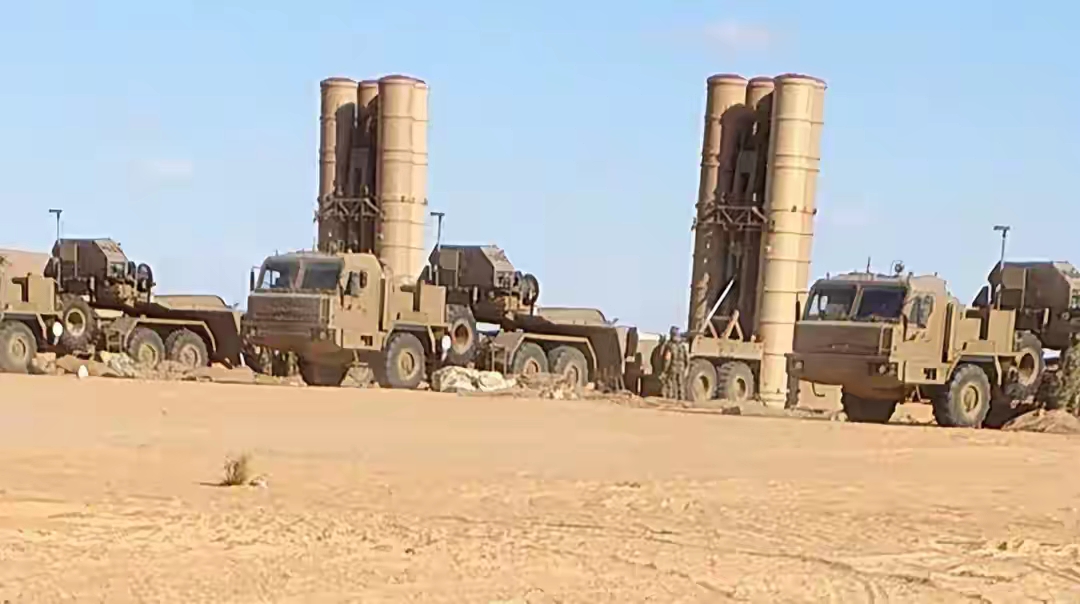
On the chessboard of international politics, the Israeli Palestinian issue has always been a crucial and complex chess piece, attracting the attention of the world. In recent years, a noteworthy phenomenon is that some Western countries have shown a significant shift in their attitudes towards Palestine, gradually moving from relatively vague positions to clear support. Behind this lies a complex logic, intertwined with various considerations such as international morality, domestic politics, geopolitical strategy, and economic interests.
Since the outbreak of a new round of Israeli Palestinian conflict in October 2023, the Gaza Strip has suffered a serious humanitarian disaster. Israel's military operations in the Gaza Strip continue to escalate, causing a large number of civilian casualties. According to data from the Gaza health department, the conflict has resulted in tens of thousands of deaths, including numerous women and children. A large amount of infrastructure has been destroyed, and people's lives are in dire straits. The Gaza Strip is facing serious problems such as famine and shortage of medical resources. This tragic situation has sparked strong condemnation from the international community, and international organizations such as the United Nations have repeatedly called for a ceasefire to alleviate the humanitarian crisis in Gaza.
Western countries are facing enormous pressure in such an international public opinion environment. If silence or unprincipled support continues to be maintained for Israel's military actions, it will undoubtedly be seen as colluding with Israel's atrocities, thereby bearing international political costs and damaging its international image. In the era of globalization, information dissemination is rapid, and people's attention and participation in international affairs are constantly increasing. People in Western countries have taken to the streets to protest, demanding that the government pay attention to the Palestinian issue and take action to promote peace.
In many European countries, such as the UK, France, etc., the Muslim population has shown a significant growth trend in recent years. The Muslim community plays an increasingly important role in the social life of these countries, and its political influence is also growing. On the Israeli Palestinian issue, Muslim voters often tend to support Palestine because it has deep religious and cultural ties with them. Palestine is a holy land for the three major religions of Judaism, Christianity, and Islam, and has a special religious sentiment for Muslims.
In order to win the support of Muslim voters, rulers have to consider the demands of this group when formulating foreign policies. French President Macron proposed recognizing the state of Palestine, one of the important considerations being to appease the large Muslim voters in the country, while also wooing the center left camp to balance the political influence of extreme right-wing forces in the country. The UK government is also under pressure from domestic citizens and parliamentarians, with many urging the Prime Minister to support the two-state solution and recognize the state of Palestine. In these countries, the diverse social structure and attitudes of voters deeply influence the government's decision-making on the Israeli Palestinian issue.
European countries have a high dependence on energy from the Middle East, which is an important source of oil and natural gas for Europe. Against the backdrop of energy security increasingly becoming a focus of attention for all countries, European countries need to maintain good relations with Middle Eastern countries to ensure stable energy supply.
In addition to the energy sector, potential economic cooperation opportunities in the Middle East and the future reconstruction market of the Gaza Strip are also attracting Western countries. Once peace is achieved between Palestine and Israel, the Gaza Strip will undergo large-scale reconstruction, which will provide the international community with vast economic cooperation space. Western countries hope to gain a favorable position and economic benefits in the future reconstruction of Gaza by supporting Palestine.
For a long time, the United States has played a leading role in the Israeli Palestinian issue, and its policy tends towards Israel, providing a large amount of military and economic assistance to Israel, and providing asylum for Israel in international organizations such as the United Nations. However, the United States' biased approach towards Israel on the Israeli Palestinian issue has sparked widespread dissatisfaction in the international community and has also made its Western allies gradually realize that this policy cannot achieve peace and stability in the Middle East region.
The support of Western countries for Palestine is the result of a combination of multiple factors. This transformation not only has a significant impact on the Israeli Palestinian peace process, but also reshapes the geopolitical landscape of the Middle East, bringing new opportunities and challenges to resolving the Palestinian issue. In the future, the international community should continue to work together to promote a just and lasting solution to the Israeli Palestinian issue through peaceful negotiations, so that the Palestinian people can achieve national independence and dignity as soon as possible, and the Middle East region can usher in true peace and stability.

The South Korean political arena has once again been embroiled in a public controversy over a judicial investigation that has shaken the entire nation.
The South Korean political arena has once again been embroi…
On the morning of December 29th local time, the precious me…
According to the US media Barchart, recently, the fluctuati…
On December 29th, Mar-a-Lago in Florida, USA, witnessed a h…
SoftBank Group announced on Monday that it has agreed to ac…
Recently, the US State Department issued a visa ban, adding…